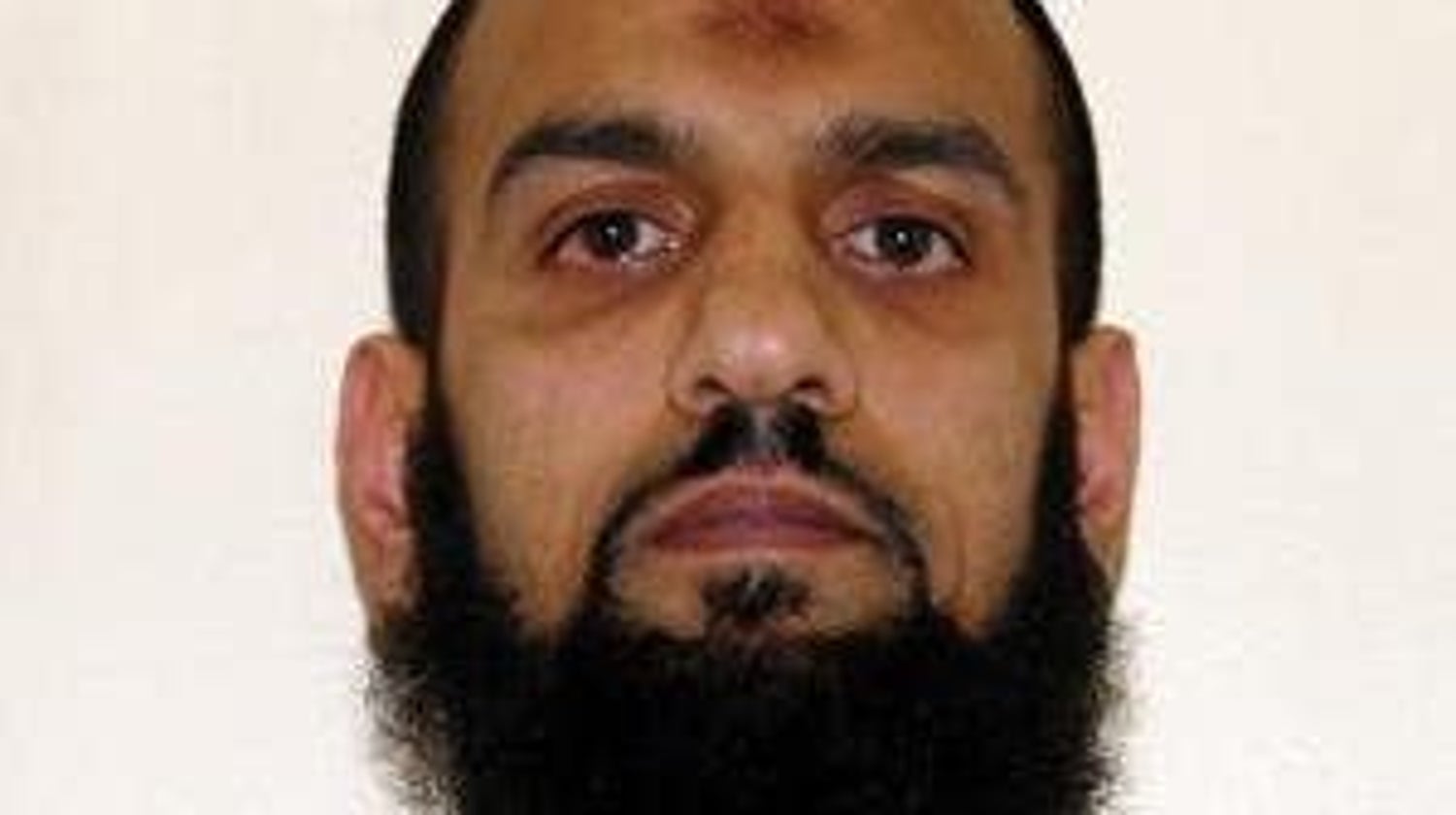Terrorist who plotted to kidnap and murder soldier denied parole
Parviz Khan was handed a life sentence, with a minimum of 14 years, at Leicester Crown Court in February 2008.

Your support helps us to tell the story
From reproductive rights to climate change to Big Tech, The Independent is on the ground when the story is developing. Whether it's investigating the financials of Elon Musk's pro-Trump PAC or producing our latest documentary, 'The A Word', which shines a light on the American women fighting for reproductive rights, we know how important it is to parse out the facts from the messaging.
At such a critical moment in US history, we need reporters on the ground. Your donation allows us to keep sending journalists to speak to both sides of the story.
The Independent is trusted by Americans across the entire political spectrum. And unlike many other quality news outlets, we choose not to lock Americans out of our reporting and analysis with paywalls. We believe quality journalism should be available to everyone, paid for by those who can afford it.
Your support makes all the difference.A terrorist who plotted to kidnap and behead a British Muslim soldier will stay behind bars after the Parole Board decided he should not be released.
Parviz Khan was handed a life sentence, with a minimum of 14 years, at Leicester Crown Court in February 2008, after pleading guilty to the plan and to the supply of equipment for terrorists on the Pakistan-Afghanistan border.
The Parole Board said: “After considering the circumstances of his offending, the progress made while in custody and the other evidence presented at the hearing, the panel was not satisfied that Mr Khan was suitable for release.”
Four other men were sentenced alongside him – one for failing to tell police about the plot and three for helping him with his illicit supply line.
But it was Khan, who claimed to be a full-time carer for his elderly mother, who was the prime mover in the Birmingham-based terror cell.
He was claiming benefits of more than £20,000 a year during the time he plotted to snatch a serviceman off the streets and decapitate him “like a pig”, the court heard.
Khan had problems with his self-identity and had needed the excitement and status which involvement in terrorist conspiracies had provided
A document detailing the Parole Board’s decision said the risk factors at the time of his offending included his “acceptance of extremist ideology”.
It added that he had “problems with his self-identity and had needed the excitement and status which involvement in terrorist conspiracies had provided. This raised concerns about his ways of thinking and the decisions he made”.
A subsequent conviction for violence in prison “suggested possible anger management problems and difficulties in dealing with extremes of emotion”.
While his behaviour in prison had been “mostly positive”, and he had taken part in “highly specialised interventions with regard to ideological, identity and terrorism concerns”, officials did not consider he was yet ready for release and “Mr Khan himself recognised that he was not yet ready for release on parole licence”.
Now in his early 50s, this was Khan’s first time in front of the board after becoming eligible for parole in February last year.
He will be considered for release again in about two years.